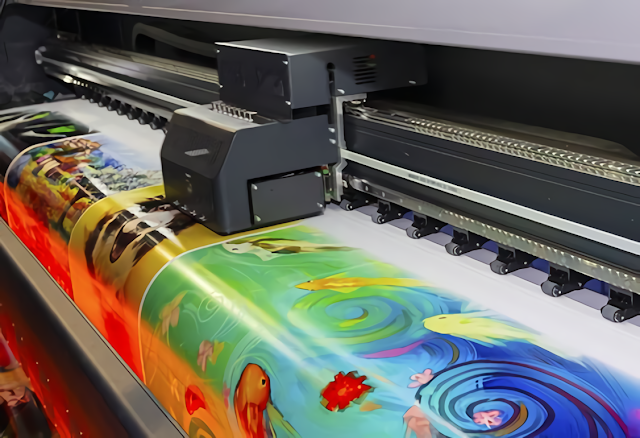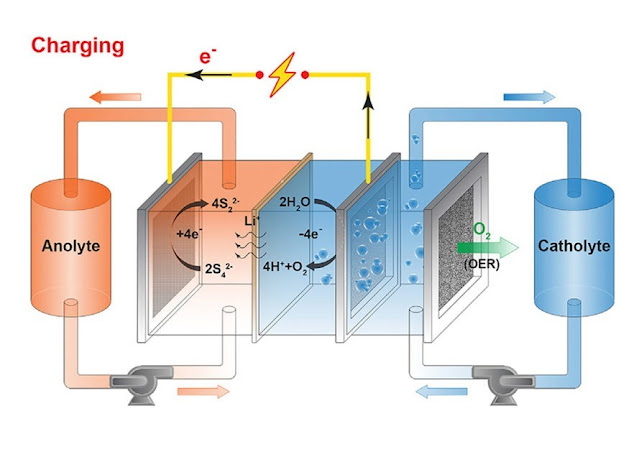Printing
machines are utilized to transfer images, texts or designs onto various
substrates like paper, plastic, metal or textiles. These machines use different
printing technologies like flexography, gravure, digital and offset printing.
Digital printing machines have advantage over analogue printing machines as
they allow on-demand, variable data and customized printing. They can print in
smaller batches cost-effectively compared to offset printing. Digital printing
machines are increasingly being used for printing labels, packaging,
publications and promotional materials due to advantages like low set-up cost,
no plates or screens required, reduced waste and ability to print on-demand.
The global labels market was valued at US$ 74.1 Bn in 2021 and is projected to
exhibit a CAGR of 5.2% during the forecast period, driving demand for label
printing machines, especially digital machines. In packaging industry, brands
are leveraging digital printing to engage customers by providing customized and
personalized packaging solutions. Growth in e-commerce has also accelerated
demand for short run, on-demand and personalized printing.
The
global Printing Machine Market is estimated to be valued at US$ 98.72 Mn in
2024 and is expected to exhibit a CAGR of 5.9% over the forecast period 2024 to
2031, as highlighted in a new report published by Coherent Market Insights.
Market key trends:
One key trend in the printing machine market is increasing adoption of latex
ink digital printing machines. Latex inks have benefits over other conventional
inks used in digital printing such as UV or solvent inks. They produce sharper
prints with higher resolution and wider color gamut. Latex inks instantly bond
with media substrates like paper, do not require special ventilation and drying
systems. They also emit very low VOCs, making latex ink digital printers more
environmentally sustainable and user-friendly option for commercial and
packaging applications. Leading printing machine manufacturers are focusing on
developing latex ink printers to leverage the advantages offered and gain
market share.
Porter's Analysis
Threat of new entrants: Low threat. High capital expenditures required to enter
the market and strong economies of scale. The industry is concentrated with
some major players dominating the market.
Bargaining power of buyers: Moderate bargaining power. Buyers in the printing
machine market have moderate bargaining power owing to the presence of many
local players.
Bargaining power of suppliers: Moderate bargaining power. A few major suppliers
exist for key components like paper and ink used in printing machines.
Threat of new substitutes: Low threat. No major substitute exists for printing
needs especially industrial and commercial printing.
Competitive rivalry: High competitive rivalry. The industry is consolidated
with major players like CHEP, PalletOne, John Rock competing aggressively on
the basis of technological innovations and services.
Key Takeaways
The
Global
Printing Machine Market Size is expected to witness high growth over
the forecast period of 2024 to 2031. The global Printing Machine Market is
estimated to be valued at US$ 98.72 Mn in 2024 and is expected to exhibit a
CAGR of 5.9% over the forecast period 2024 to 2031.
Regional analysis: Asia Pacific region has emerged as the global hub for
printing machine owing to rapid industrialization. China dominates the regional
market with over 55% market share. India is projected to witness strong growth
backed by expanding publishing and packaging sector.
Key players: Key players operating in the printing machine market are CHEP,
PalletOne, John Rock, Millwood, Brambles, CABKA North America, United Pallet
Services, Pacific Pallet, Midland Pallet LLC, The Nelson Companies. Players
compete on the basis of product quality, reliability, technological innovations
and services.
For More details on the topic:
https://www.marketwebjournal.com/printing-machine-market/




Comments
Post a Comment